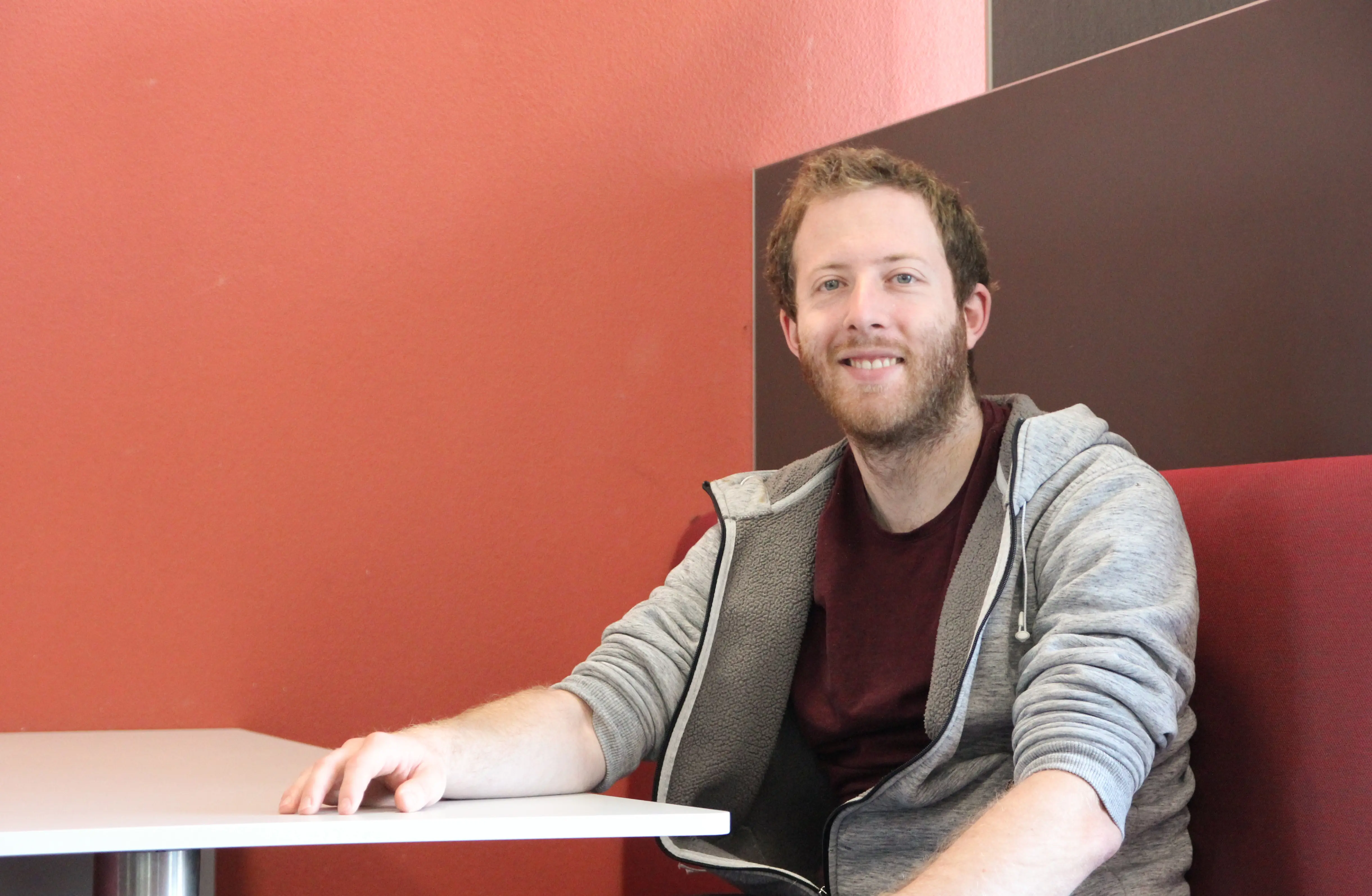“There is a whole lot of untapped potential in my field of research”
Michael Auer studies for a Master of Science in Engineering in the Photonics Profile. He is among the first Master’s students who learn just how varied the applications are in this field of research. At the same time, he immerses himself in a very special topic.

“Not everyone knows this, but Photonics as a field of research applies to a wide range of aspects in our daily lives,” says Michael Auer. “From lighting systems to QLED screens for computers, smartphones, etc. to laser technologies and microscopy—there are so many areas to specialise in.“ Enrolled in the part-time model, he is currently studying for a Master’s degree in the Photonics Profile at the ZHAW’s Institute of Computational Physics (ICP). Photonics is an area of physics that revolves around optical processes and technologies that facilitate the transmission, storage, and processing of information. At the ICP, the student works with terahertz spectroscopy. “The technology can be used in materials research, among other areas,” he explains. “Each material absorbs, reflects and transmits radiation at different wavelengths.” From this he can derive a unique “fingerprint” that allows him to identify different materials.
A multi-faceted programme
When he first started on his career path, Michael Auer probably did not think he might eventually research topics like this. “I started out with an apprenticeship as an electrician and then studied for a vocational baccalaureate,” says Michael Auer. “I am generally very interested in the topic of energy and always felt obliged to pass on a cared-for planet to the next generation. That is why I decided to study Energy and Environmental Engineering.” After his bachelor’s degree, he went on to work as a project leader with an SME. “But somehow, I was pulled back into research and, with it, to the ICP,” he says with smile. Now, he works there as a research assistant, while studying for his degree. He had eleven profiles to choose from as his specialisation in the Master of Science in Engineering (MSE) programme. Following the advice of his supervisor Mojca Jazbinsek to look into the Energy and Environment and the Photonics profiles, he ultimately chose Photonics. Both profiles lend themselves to achieving the ICP’s key research agenda. As a bachelor’s student, he had been more interested in the physical principles and technological challenges than in the political, economic and social aspects of the discipline. This tipped the balance if favour of Photonics.
Studying with lots of energy
At the start of his Master’s programme, Michael worked on several of the ICP’s projects, which gave him an overview of the relevant topics and helped him decide where he wanted to take his research. Terahertz spectroscopy was the field that fascinated him the most. “That is not to say I gave up on Energy and Environmental Engineering,” Auer affirms. “Particularly with respect to my classes, I was able to choose subject-specific modules according to my energy-related interests. This means I can extract the maximum value from the Master’s programme.” Michael Auer is eager to continue his path as a researcher after completing the MSE. “I find Photonics—and particularly, my field of research—extremely exciting”, he says. “At 30 or 40 years since its inception, it is still a young field with a whole lot of untapped potential, not least in applied research.”